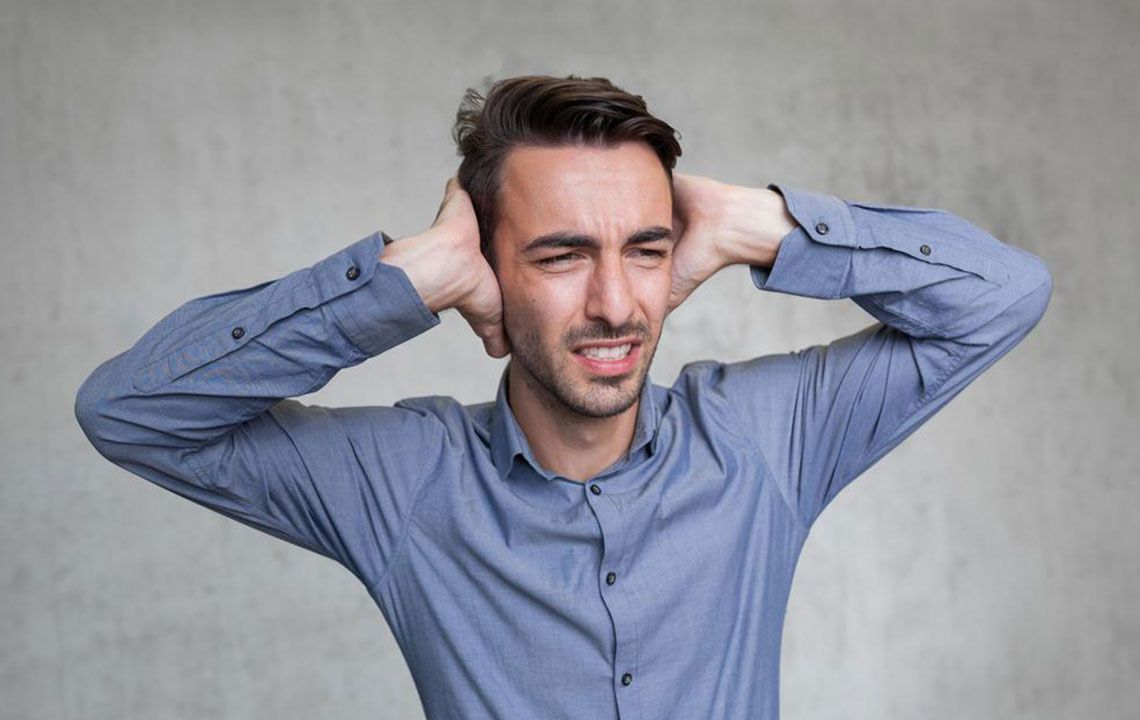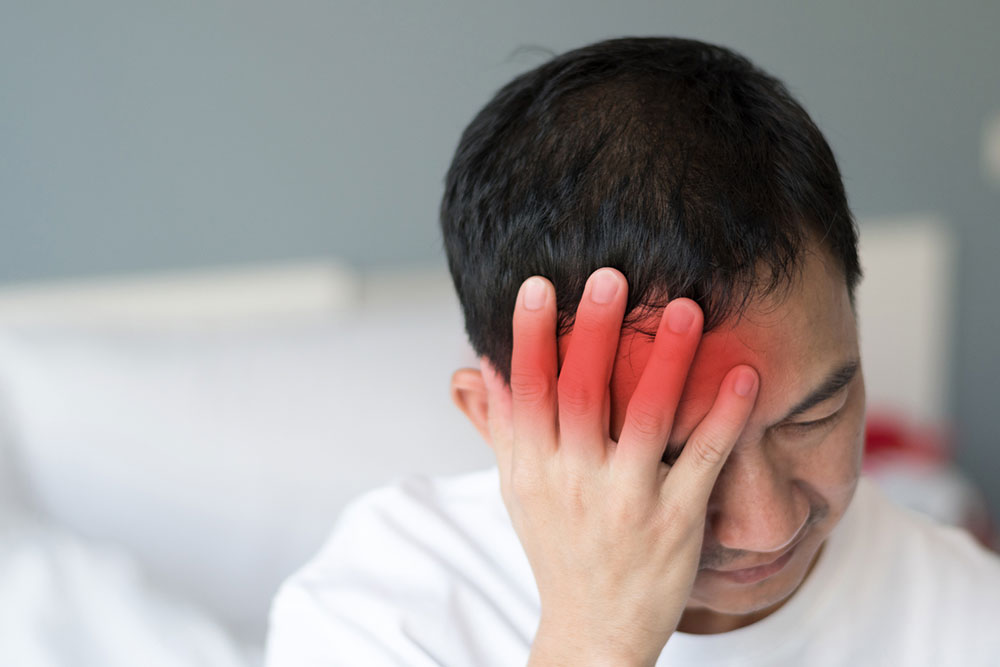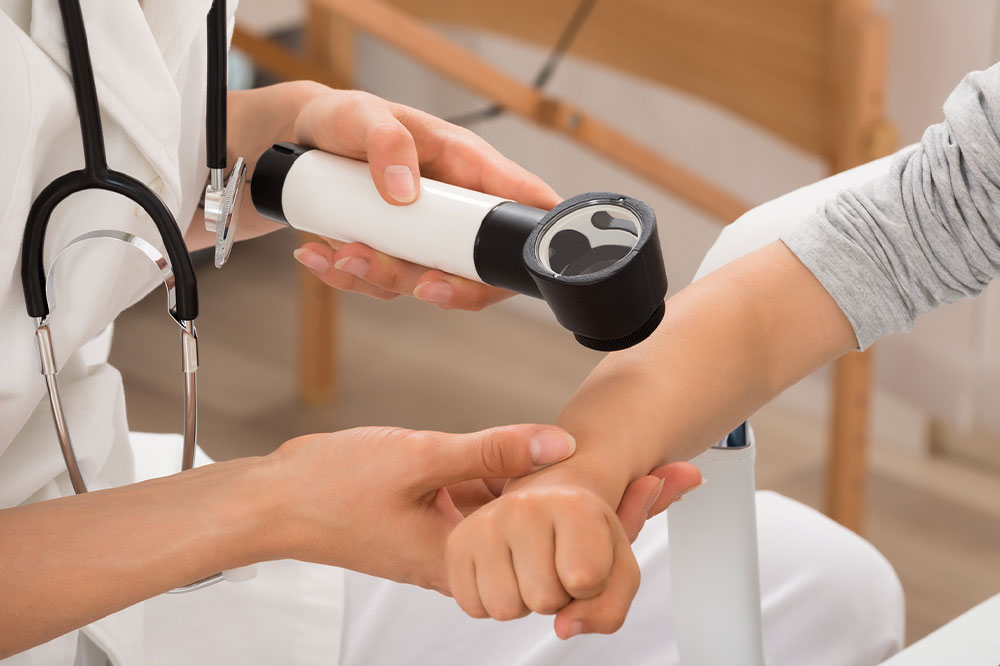Comprehensive Guide to Headache Relief: Accurate Diagnosis and Natural Treatment Strategies
This comprehensive guide explores headache diagnosis, treatment options, and natural management strategies. It emphasizes the importance of accurate diagnosis, lifestyle adjustments, and alternative therapies like acupuncture and nutritional supplements. Learn how to effectively reduce headache frequency and severity through a combination of conventional and natural approaches, ensuring safe and personalized care.

Comprehensive Guide to Headache Relief: Accurate Diagnosis and Natural Treatment Strategies
Headaches are a common health issue that affects millions of people worldwide, but their causes and types can vary significantly from person to person. Effective management begins with understanding the different types of headaches, their characteristics, and how to obtain an accurate diagnosis. Healthcare professionals utilize a range of diagnostic tools, including detailed patient histories, physical examinations, blood tests, and imaging techniques such as X-rays, CT scans, and MRIs to pinpoint the underlying cause of headaches. Correct diagnosis is essential because it guides appropriate treatment options and helps avoid unnecessary medication use.
Some headaches are primary, meaning they are not caused by other medical conditions, while others are secondary, resulting from underlying health issues such as migraines, tension-type headaches, sinus problems, or neurological conditions. Knowing the specific type of headache is critical for choosing the right treatment plan.
Conventional treatments primarily involve ensuring sufficient rest, staying well-hydrated, and using over-the-counter pain medications such as acetaminophen or NSAIDs. In some cases, healthcare providers might prescribe specific medications aimed at preventing recurrent headaches or managing severe episodes. However, it is crucial to follow medical advice carefully to prevent overuse of pain relievers, which can lead to rebound headaches—also known as medication-overuse headaches—a condition where frequent use of painkillers actually worsens headache frequency and severity.
In cases of rebound headaches or medication dependency, healthcare professionals may recommend tapering off certain medications or switching to alternative therapies. Hospital care might sometimes be necessary for severe or intractable cases, particularly when pain is unmanageable or complicated by other medical conditions.
Implementing Self-care for Headache Prevention and Relief
Individuals can adopt several proactive self-care strategies to reduce the frequency and severity of headaches. These methods include:
Applying heat or cold packs to the head or neck area, ensuring temperatures are moderate to avoid skin damage. Cold packs can numb pain and reduce inflammation, while heat can relax tense muscles.
Managing stress through relaxation techniques like deep breathing exercises, meditation, or yoga. Chronic stress is a common trigger for tension headaches and migraines.
Maintaining consistent meal times and a balanced diet to stabilize blood sugar levels, which can prevent headache triggers associated with fasting or dietary irregularities.
Engaging in regular physical activity appropriate to fitness levels, which promotes overall health and stress reduction. A warm shower may also alleviate certain headaches, particularly those linked to tension or muscular strain.
Ensuring adequate sleep hygiene by sticking to a consistent sleep schedule and creating a restful sleeping environment to prevent sleep-related headaches.
These simple lifestyle adjustments can significantly improve quality of life and reduce headache episodes over time.
Exploring Natural and Alternative Methods for Headache Management
Many individuals seek natural and alternative therapies to complement or replace conventional medication. While scientific evidence supporting some of these methods varies, they can offer relief for certain types of headaches when used cautiously and under professional guidance. Common alternative approaches include:
Acupuncture, which involves inserting fine needles into specific points on the body to relieve pain and adjust energy flow. Several studies suggest acupuncture may reduce headache frequency and intensity.
Cognitive behavioral therapy (CBT), which can help address psychological factors such as stress, anxiety, or depression that may trigger headaches.
Herbal remedies such as feverfew and butterbur, which some studies indicate might have beneficial effects. However, safety and proper dosing should be discussed with a healthcare provider.
Supplements like magnesium and B vitamins, which are sometimes deficient in individuals with frequent headaches, especially migraines. Correcting deficiencies through diet or supplements may alleviate symptoms.
Hypnosis and relaxation techniques can aid in reducing stress and muscular tension, thereby decreasing headache frequency.
It's important to note that the evidence supporting these alternative treatments varies in strength, and individuals should consult healthcare professionals before making significant changes to their routine. Additionally, understanding that some headaches are linked to nutritional deficiencies—such as magnesium, B vitamins, or hydration status—can be integral to effective natural management.
In conclusion, managing headaches effectively requires a comprehensive approach that includes accurate diagnosis, lifestyle modifications, appropriate medication use, and exploring evidence-based natural therapies. Collaboration with healthcare providers ensures safety and maximizes the potential for relief, ultimately improving quality of life for those affected by recurring headaches.





